India and SCO: the real benefit
India becoming a full member of the Shanghai Cooperation Organisation will be a significant moment in its engagement with Central Asia. However, there are not a lot of security or other benefits to be gained
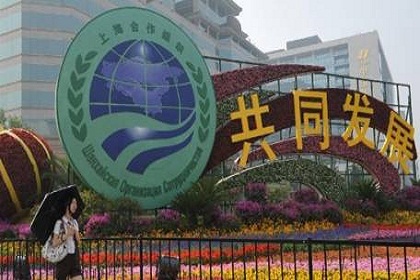 Courtesy: PK times
Courtesy: PK times
India becoming a full member of the Shanghai Cooperation Organisation will be a significant moment in its engagement with Central Asia. However, there are not a lot of security or other benefits to be gained
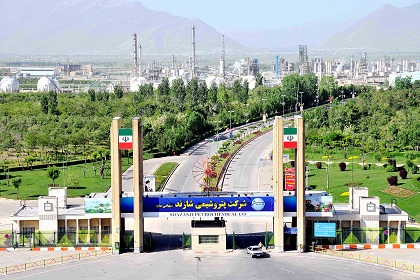 Courtesy: Wikipedia
Courtesy: Wikipedia
A possible Iran nuclear deal means a longer window of lower oil prices. But the glut of oil supplies is already resulting in cutbacks to oil exploration and production spending, and will eventually lead to higher energy prices. Before that happens, India must use this opportunity to lock in prices
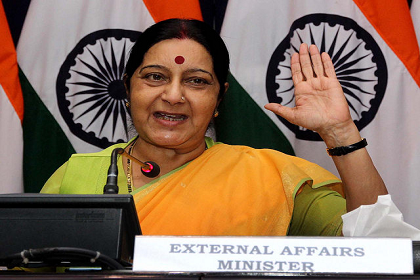 Courtesy: MEA Flickr
Courtesy: MEA Flickr
If Prime Minister Modi is India's Sachin Tendulkar, External Affairs Minister is Rahul Dravid. In the past year Swaraj has quietly supporting Prime Minister Modi and ratcheted up a number of achievements, from evacuating thousands of Indians from conflict zones to leading India's engagement in the middle east.
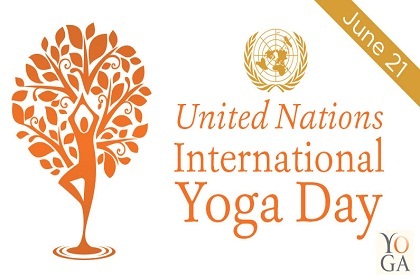 Courtesy: MEA Flickr
Courtesy: MEA Flickr
The growing popularity of yoga across the world—highlighted by the International Yoga Day on June 21—is a triumph for those seeking to promote holistic knowledge systems and therapies for human well-being, and the recognition by the UN could strengthen public spending in support of such therapies across the world
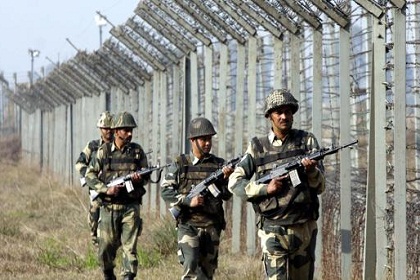 Courtesy: livemint.com
Courtesy: livemint.com
Pakistan's righteous indignation about national sovereignty—over India's Myanmar counterinsurgency program—is out of sync with the country's actions in the past. Experiences from history serve as proof
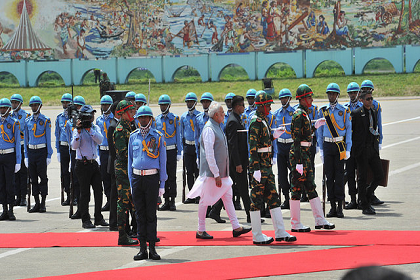 Courtesy: Ministry of External Affair, Flickr
Courtesy: Ministry of External Affair, Flickr
Prime Minister Narendra Modi’s completion of the South Asia circuit demonstrates the importance of the neighbourhood in his government’s foreign policy. The improved perception of India in the neighbourhood, especially in Bangladesh and Sri Lanka, is a positive, but the neighbours must recognise that India’s federal structure makes decision-making slower and more difficult on issues that affect neighbouring Indian states like West Bengal and Tamil Nadu.
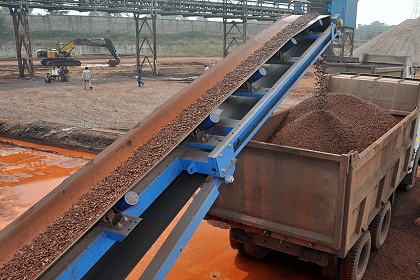 Courtesy: Peter Craven/Wikipedia
Courtesy: Peter Craven/Wikipedia
A distinguished Chinese scholar, speaking at a BRICS forum in Moscow recently, ascribed the growing India-China trade deficit to India’s ban on iron exports. While this contention is partially true, the data does not validate this argument, and nor does his view account for the other reasons for the deficit
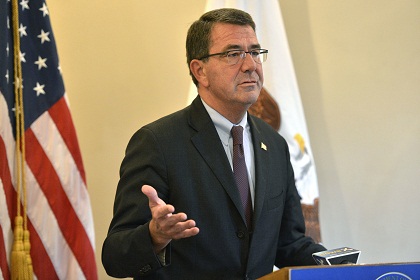 Courtesy: Wikimedia Commons
Courtesy: Wikimedia Commons
The visit of U.S. Defence Secretary Carter will help cement trust and expand the scope of India-U.S. defence cooperation. However, there are several important details around technology transfer that still need to be worked out before co-production of weapons can begin.
 Courtesy: Wikipedia
Courtesy: Wikipedia
The price of petroleum has risen by almost 40% since February 2015 because of geopolitical tensions. This spike underlines the need for India to hedge its energy imports using a mix of financial markets and asset purchases
 Courtesy: MEA/Flickr
Courtesy: MEA/Flickr
Prime Minister Narendra Modi’s foreign travels combine domestic and foreign policy to achieve India’s twin goals of national security and investment inflow. The leader-as-salesman is not new, and India is just catching up with the global norm